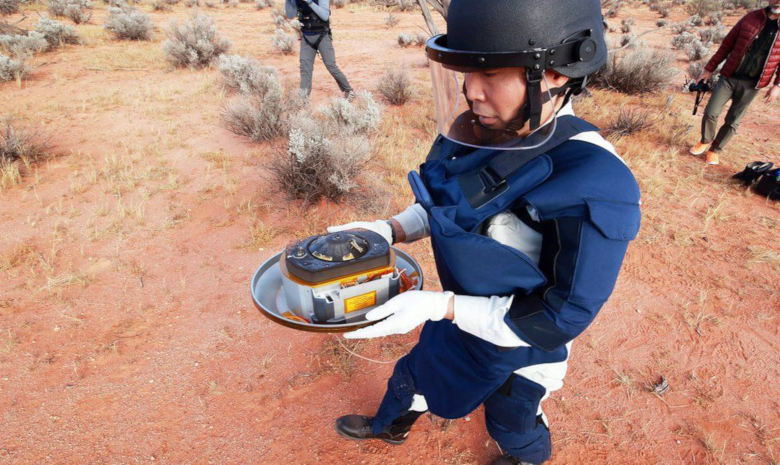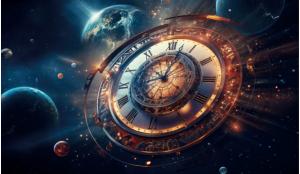The Japanese space agency said Sunday the capsule from its Hayabusa2 space probe was collected from the Australian desert in "perfect condition," hopefully containing samples from the Ryugu asteroid that could help explain the origins of life.
The capsule carrying samples entered the atmosphere just before 2:30 am Japan time (17:30 GMT Saturday), creating a shooting-star-like fireball as it entered Earth's atmosphere. Temperatures endured by its protective heat shield reached approximately 3,000 degrees celsius during re-entry.
A few hours later, JAXA confirmed the samples had been recovered, with help from beacons emitted by the capsule as it plummeted to Earth after separating from Hayabusa-2 on Saturday, while the fridge-sized probe was some 220,000 kilometres (137,000 miles) away.
Speaking at a press conference, Japan Aerospace Exploration Agency's Hayabusa2 project manager Yuichi Tsuda said; "The capsule was in perfect condition. We're looking forward to opening it up."
If the mission was successful, the capsule will contain two samples from the Ryugu asteroid, including the first subsurface asteroid sample ever collected. Scientists believe that organic matter and water existed on the asteroid when the solar system was created around 4.6 billion years ago.
Once collected from the desert, the capsule was carried by hand into a so-called "quick look facility" to be cleaned and dismantled so the interior sample container can be exposed, said the deputy director general of JAXA's Institute of Space and Astronautical Science, Masaki Fujimoto, during the same press conference.
An analysis of the gasses that may have been emitted from the asteroid material is expected to begin on Monday.
Fujimoto said the team in Australia is anxious to perform the analysis as the presence of gasses within the sample container would indicate that the asteroid samples were successfully collected.
Scientists hope primordial material believed to be contained in the samples will help further research into the origins of life on Earth and the evolution of the solar system.
The capsule, which was released from the space probe on Saturday afternoon, landed in a desert near the Woomera test range, a remote Australian military and civil aerospace facility.
NASA's Associate Administrator Thomas Zurbuchen, along with many well wishers around the globe, congratulated JAXA on their sample-return success; "This is an extremely challenging endeavor and we commend and congratulate Japan on being not only the first nation that has been able to carry out a successful asteroid retrieval mission, but to now have done so for the second time!", said Zurbuchen.











